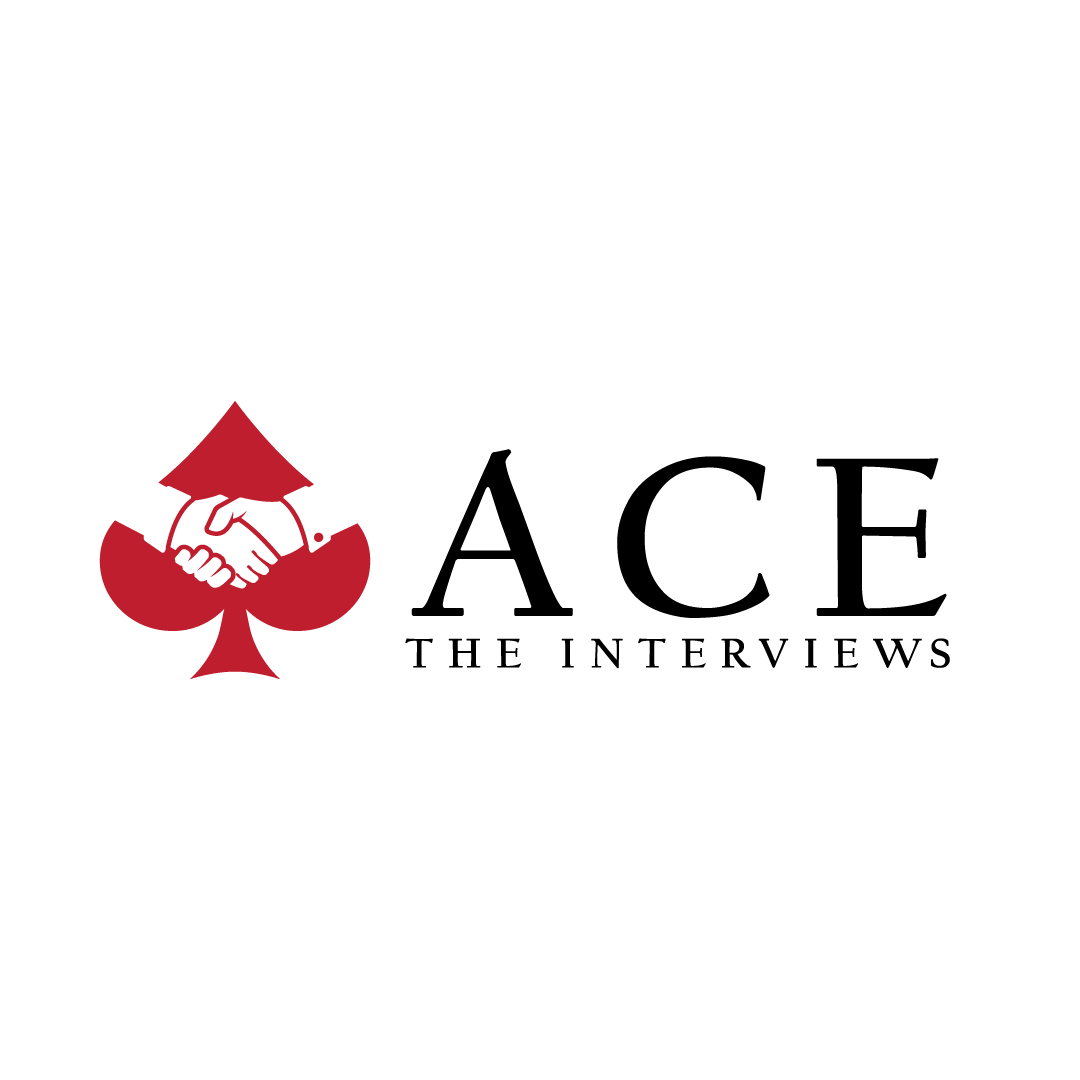How to Turn a Weakness into a Strength During an Interview
- Ashton Chanana
- Jan 6
- 2 min read

When employers ask, "What’s your greatest weakness?" they aren’t trying to trip you up—they’re assessing your self-awareness, honesty, and ability to improve. According to a 2024 Glassdoor survey, 73% of hiring managers said that handling this question well is a key factor in candidate evaluation.
How to Identify a Weakness
Before the interview, spend time identifying a genuine weakness that:
Doesn’t undermine your ability to perform the job.
Shows room for growth and self-awareness.
Examples of Weaknesses to Discuss:
Overcommitting or difficulty saying no.
Public speaking anxiety.
Being overly detail-oriented or perfectionistic.
Turning a Weakness into a Strength
Here’s a simple, proven structure to handle the "weakness" question effectively:
1. Be Honest (But Strategic)
Avoid cliché answers like "I work too hard." Instead, choose a real weakness that won’t disqualify you for the role.
2. Show How You’re Addressing It
Demonstrate proactive efforts to overcome the weakness. Share specific examples of actions you’ve taken to improve.
3. Highlight the Positive Outcome
Explain how your efforts have yielded growth, making you a better professional.
Example:"In the past, I struggled with public speaking, which made presenting ideas in meetings challenging. To improve, I joined a local Toastmasters group and practiced giving presentations regularly. Now, I feel confident sharing ideas, and I’ve even led a successful training session for my team."
Dos and Don’ts
DO
Focus on professional weaknesses.
Keep your answer concise and structured.
End on a positive note, emphasizing growth.
DON’T
Mention deal-breaking weaknesses (e.g., “I struggle with meeting deadlines” for a project manager role).
Be overly negative or dwell on the past.
Common Weakness Examples and Responses
Weakness: Perfectionism
"I tend to spend extra time perfecting my work. I’ve learned to manage this by prioritizing deadlines and identifying tasks where ‘good enough’ is sufficient. This has improved my efficiency while maintaining quality."
Weakness: Delegating Tasks
"Early in my career, I struggled to delegate because I wanted to ensure everything was done perfectly. I’ve since worked on building trust in my team and now focus on assigning tasks that align with their strengths."
Weakness: Taking on Too Much
"I sometimes overcommit because I want to help wherever I can. I’ve learned to evaluate my capacity and set boundaries to ensure I can deliver quality work."
Why Framing Matters
A well-framed weakness can actually work in your favor. According to a 2023 LinkedIn study, 65% of recruiters prefer candidates who show self-awareness and growth potential over those who claim to have no weaknesses.
Practice Your Answer
Rehearse your response to ensure it feels natural. Practice with a friend, career coach, or in front of a mirror. Confidence is key!
Final Thoughts
Discussing weaknesses doesn’t have to be intimidating. With preparation and the right framing, you can use this question to showcase your self-awareness, problem-solving skills, and growth mindset.
Need more interview tips? Check out The Interview Playbook eBook for a step-by-step guide to acing every question:







Comments